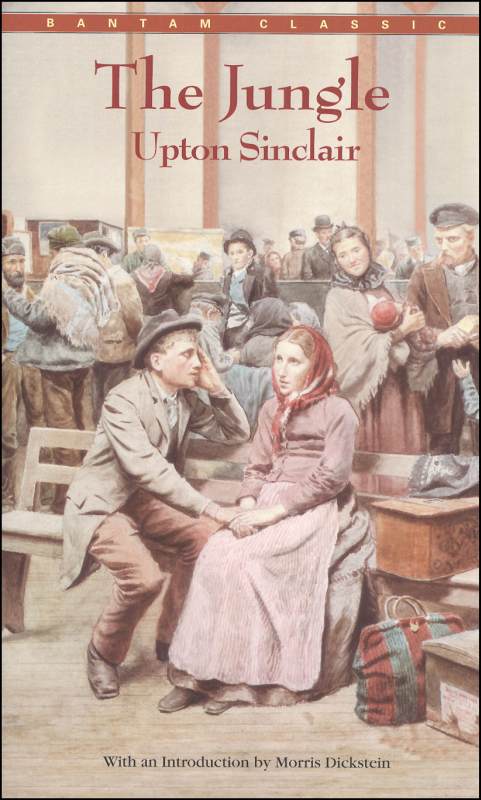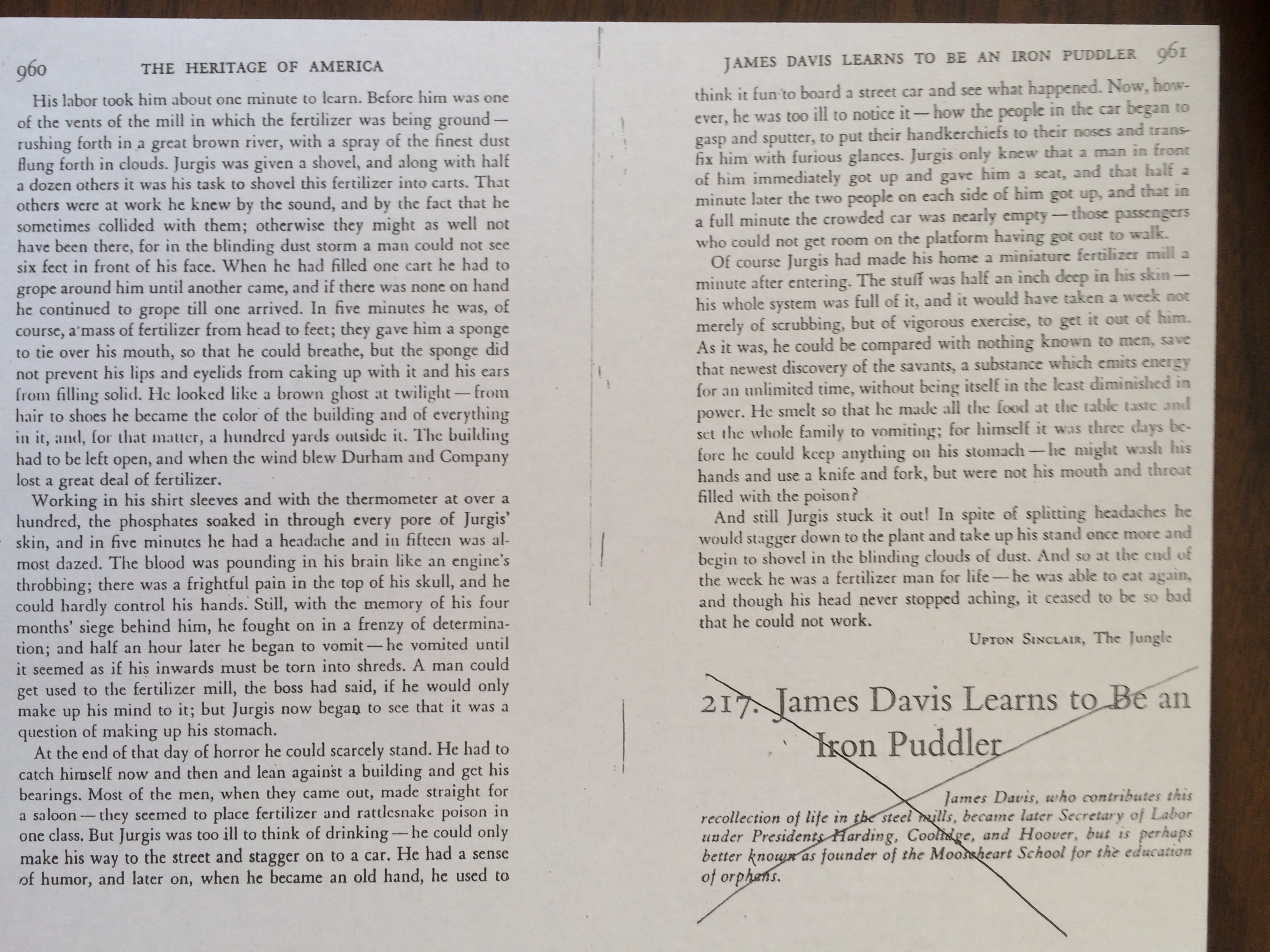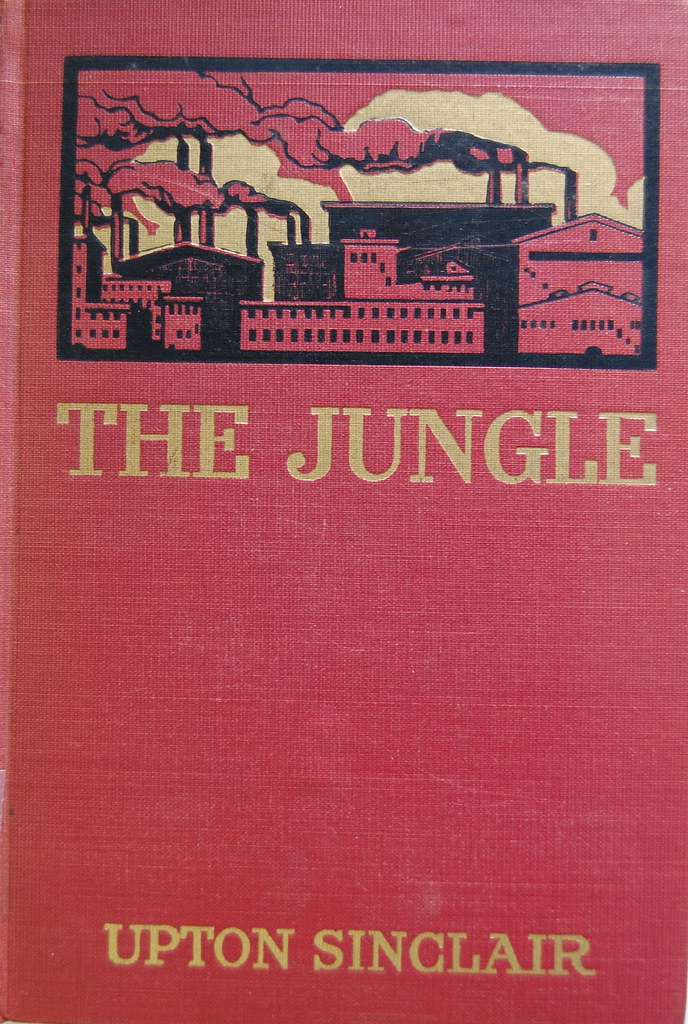

1908: The Tunguska region of Siberia experiences a strange explosion, comparable to the detonation of a hydrogenīomb, whose causes will long be a subject of debate.1906: Founding of the British Labour Party.It kills some 2,500 people, leaves another 250,000 homeless, and destroys more than $400 million worth of property. 1906: An earthquake, the worst ever to hit a U.S.1906: German neurologist Alois Alzheimer identifies the degenerative brain disorder that today bears his name.American troops begin a three-year occupation of the country. 1906: After disputes resulting from the presidential election in Cuba, various Cuban parties invite the United States, under the 1901 Platt Amendment (which limits the terms of Cuban independence), to restore order.1904: The ten-hour workday is established in France.The war also sees the introduction of concentration camps, used by the British to incarcerate Boer civilians.

It is a costly victory, however, resulting in the loss of more British lives (5,774) than any conflict between 18.

1902: Second Anglo- Boer War ends in victory for Great Britain.Meanwhile, crop failures across Russia lead to widespread starvation. 1891: Construction of Trans-Siberian Railway begins.Eight anarchists are accused and tried three are imprisoned, one commits suicide, and four are hanged.

1886: Bombing at Haymarket Square, Chicago, kills seven policemen and injures numerous others.The novel remains an important one for historical as well as literary reasons and is one of a handful of books in the Muckrakers' canon. Instead of generating interest in socialism, his exposure of the unsafe and unclean aspects of the Chicago meatpacking industry fueled reform and helped ensure the passage of the Pure Food and Drug Act of 1906 and the Meat Inspection Act. Upton Sinclair published The Jungle in 1906 as a socialist argument against wage slavery.


 0 kommentar(er)
0 kommentar(er)
